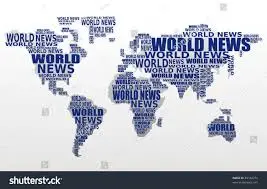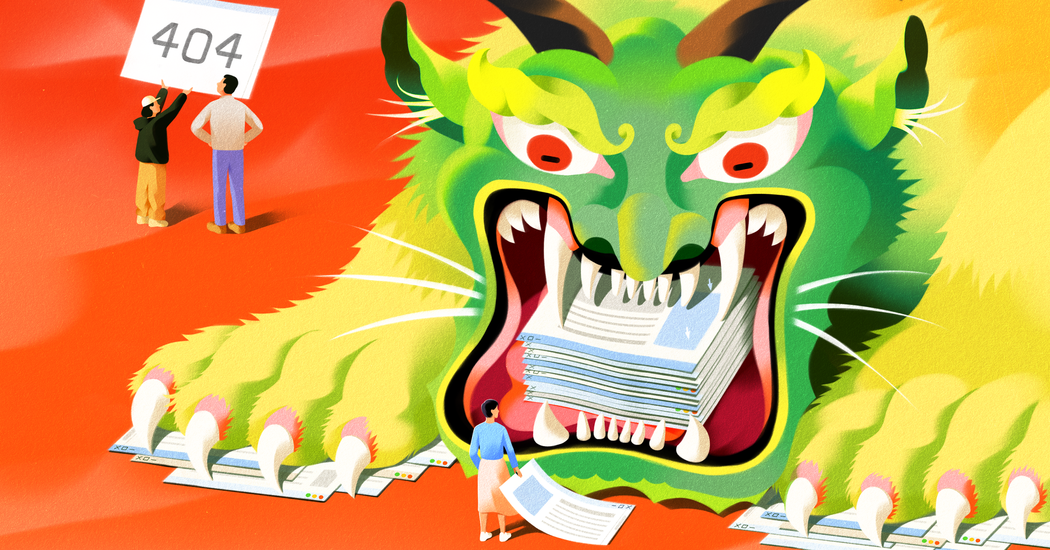- cross-posted to:
- world@lemmy.world
- nyt_gift_articles
- cross-posted to:
- world@lemmy.world
- nyt_gift_articles
cross-posted from: https://lemmy.world/post/16183992
The number of Chinese websites is shrinking and posts are being removed and censored, stoking fears about what happens when history is erased.
Chinese people know their country’s internet is different. There is no Google, YouTube, Facebook or Twitter. They use euphemisms online to communicate the things they are not supposed to mention. When their posts and accounts are censored, they accept it with resignation.
They live in a parallel online universe. They know it and even joke about it.
Now they are discovering that, beneath a facade bustling with short videos, livestreaming and e-commerce, their internet — and collective online memory — is disappearing in chunks.
A post on WeChat on May 22 that was widely shared reported that nearly all information posted on Chinese news portals, blogs, forums, social media sites between 1995 and 2005 was no longer available.
“The Chinese internet is collapsing at an accelerating pace,” the headline said. Predictably, the post itself was soon censored.
Not just in China, but it effects the rest of the world too via brigading and complicity on western social media.
For example, so much of the footage and direct source video from the HK protests that was posted to Youtube at that time has either disappeared or the algorithmn has driven it into an inaccesible pit. Now when you try to search for videos about the protests it’s 90% videos running the Chinese government’s narrative.
Many of the top results are videos that frame events to make the protestors look like they were the ones instigating violence, or were at least just as violent as the police. That’s not what we saw in real time.
Comments critical of the CCP or even about topics like the Uighur genocide are often systematically removed, making it extremely difficult to raise any criticism of Russia or China.
It’s an important reminder for people to be mini archivists themselves when possible – when you sense the facts around some event might be twisted in the future, document things you think are important, download local copies of video and images etc.
We all have a responsibility to preserve history for the future, especially in this era where the truth is under constant assault.


